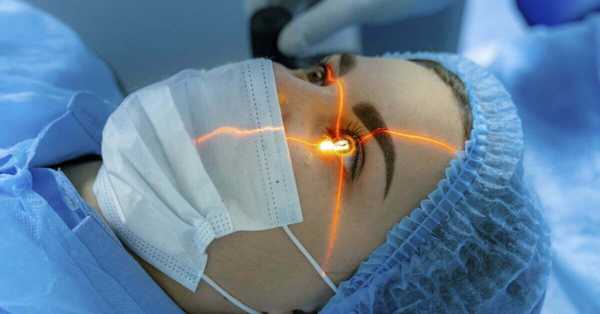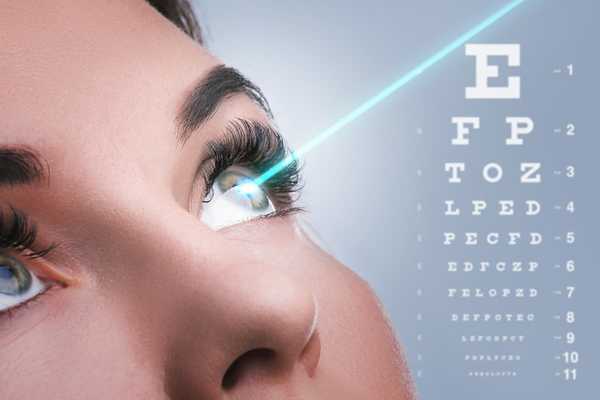Your Guide to the Most Effective Breast Cancer Treatments Today
Breast cancer is one of the most common cancers worldwide, but advancements in medical science have significantly improved treatment options and survival rates. Understanding the available treatments is vital for patients, caregivers, and loved ones. This guide provides an overview of the most effective breast cancer treatments today, emphasizing personalized care and emerging therapies.
Breast cancer is one of the most common cancers worldwide, but advancements in medical science have significantly improved treatment options and survival rates. Understanding the available treatments is vital for patients, caregivers, and loved ones. This guide provides an overview of the most effective breast cancer treatments today, emphasizing personalized care and emerging therapies.

1. Surgery
Surgery remains a cornerstone of breast cancer treatment. The type of surgery depends on the stage of cancer and patient preferences:
- Lumpectomy: Often called breast-conserving surgery, it involves removing the tumor and a small margin of surrounding tissue while preserving most of the breast.
- Mastectomy: This procedure involves removing one or both breasts. Options like skin-sparing and nipple-sparing mastectomies help improve cosmetic outcomes.
- Reconstructive Surgery: Patients may opt for reconstruction immediately after a mastectomy or later to restore the breast’s appearance.
2. Radiation Therapy
Radiation therapy uses high-energy rays to target and destroy cancer cells. It’s typically recommended after surgery to reduce the risk of recurrence:
- External Beam Radiation Therapy: The most common form, delivered over several weeks.
- Brachytherapy: A targeted internal radiation option, which delivers treatment directly to the tumor site.
3. Chemotherapy
Chemotherapy involves using drugs to kill fast-growing cancer cells. It is often recommended for:
- Treating advanced or aggressive cancers.
- Shrinking tumors before surgery (neoadjuvant chemotherapy).
- Reducing the risk of recurrence (adjuvant chemotherapy).
Side effects can be significant, but supportive care has improved patient comfort during treatment.
4. Hormone Therapy
Hormone therapy is effective for hormone receptor-positive breast cancers, which make up the majority of cases. This treatment blocks the cancer’s ability to use hormones like estrogen or progesterone to grow:
- Tamoxifen: A selective estrogen receptor modulator (SERM) used for premenopausal and postmenopausal women.
- Aromatase Inhibitors: These drugs reduce estrogen levels and are typically prescribed for postmenopausal women.
- Ovarian Suppression: For premenopausal women, this therapy lowers estrogen production by the ovaries.
5. Targeted Therapy
Targeted therapies focus on specific molecules involved in cancer growth and spread, minimizing damage to healthy cells:
- HER2-Targeted Drugs: Medications like trastuzumab (Herceptin) and pertuzumab (Perjeta) are effective for HER2-positive breast cancers.
- CDK4/6 Inhibitors: These drugs, such as palbociclib (Ibrance), are used for hormone receptor-positive, HER2-negative breast cancers.
- PI3K Inhibitors: Alpelisib (Piqray) targets specific genetic mutations.
6. Immunotherapy
Immunotherapy helps the immune system recognize and attack cancer cells. It’s an exciting area of research and has shown promise in treating triple-negative breast cancer (TNBC):
- Checkpoint Inhibitors: Drugs like atezolizumab (Tecentriq) are combined with chemotherapy for advanced TNBC.
7. Emerging and Complementary Treatments
- Clinical Trials: Many patients explore cutting-edge treatments through clinical trials.
- Complementary Therapies: Acupuncture, yoga, and nutrition counseling can help manage side effects and improve quality of life.
Personalizing Treatment
Breast cancer treatment is increasingly tailored to the individual. Factors such as tumor type, genetic mutations, and patient health guide decisions. Multidisciplinary care teams, including oncologists, surgeons, and support specialists, work together to create comprehensive treatment plans.
Hope and Support
Advancements in breast cancer treatment provide hope to millions. Early detection, combined with these modern therapies, has made a significant impact. For patients, staying informed and seeking support from healthcare providers, loved ones, and support groups is crucial.
Remember, every journey is unique. Consult with your medical team to determine the best treatment options for your situation. Together, we continue to move closer to a world without breast cancer.








